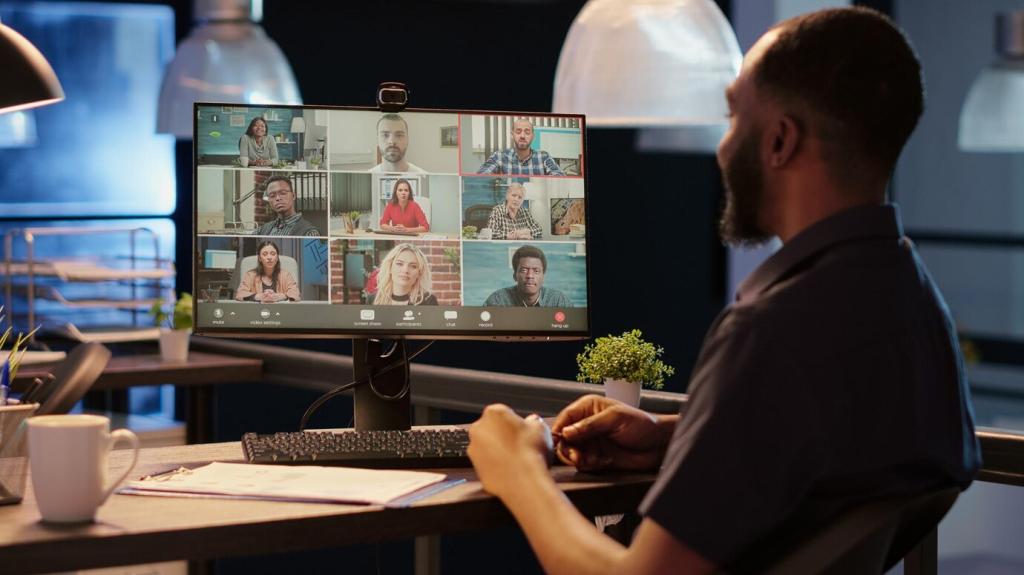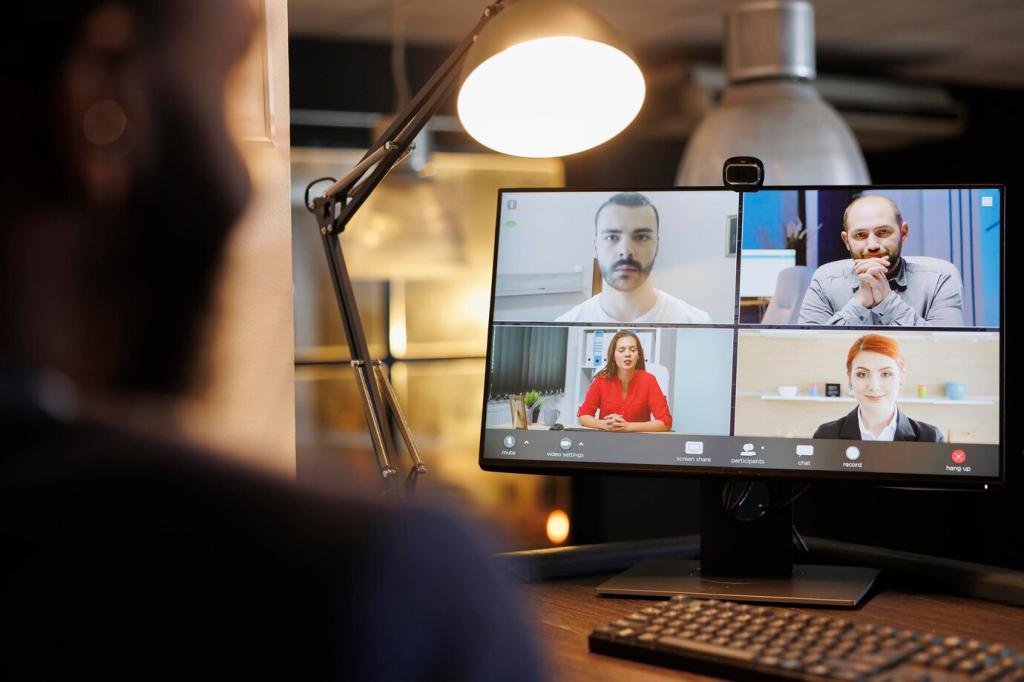Remote Team Building Workshops: Connect, Collaborate, Thrive
Chosen theme: Remote Team Building Workshops. Step into a welcoming space where dispersed teammates build trust, spark creativity, and leave with tangible rituals that energize everyday collaboration. Subscribe to stay inspired and share what brings your remote team together.

Why Remote Team Building Workshops Matter
Combatting Isolation with Purpose
Remote Team Building Workshops dismantle loneliness by creating meaningful touchpoints where people feel seen, heard, and valued. When teammates connect around shared goals, performance improves and wellbeing follows naturally, sustaining motivation across busy calendars and different time zones.
Building Rituals Across Time Zones
Simple, repeatable rituals born in workshops—like five-minute gratitude rounds or rotating spotlight demos—help teams bridge distance. These rituals invite participation without pressure, improving psychological safety while ensuring everyone contributes to the story of shared progress.
Trust as a Strategic Advantage
Trust is not a soft metric; it accelerates timelines and reduces costly miscommunication. Workshops provide structured practice addressing tough topics kindly, so feedback becomes routine, handoffs become smoother, and projects move faster with fewer surprises and fewer late-night emergencies.
Designing an Agenda That Energizes
Opening Icebreakers that Don't Feel Cheesy
Trade awkward prompts for authentic connection. Ask people to share a recent micro-win or a challenge they’re navigating. Tie responses to workshop outcomes, so conversation feels purposeful and momentum builds without forcing anyone to overshare or perform beyond their comfort.
Balancing Energy and Focus
Design in waves: energize, deepen, and restore. Use brief, high-engagement activities before complex collaboration, then include reflective pauses for cognitive recovery. This rhythm respects neurodiversity and keeps people engaged without draining their batteries or reducing focus by stacking demands.
Accessibility and Inclusion by Design
Share materials in advance, offer captions, and provide multiple participation modes—chat, voice, and visual boards. Clear facilitation guidelines, timeboxing, and explicit turn-taking help quieter voices shine while ensuring extroverts contribute without unintentionally overwhelming precious airtime.



Facilitation Secrets from the Virtual Room
01
Watch chat velocity, emoji reactions, and silence patterns. When energy dips, name it gently and adjust. Invite a quick stretch or a one-minute reflection. Treat signals as data, not drama, and participants will feel cared for rather than managed or micromanaged.
02
Normalize friction as a sign of ambition. Use a simple structure: state the shared goal, reflect positions, and propose next experiments. Keep criticism behavior-specific, time-bound, and reversible. Conflict then becomes a workshop engine powering better decisions and stronger relationships.
03
Offer camera-optional participation and measure engagement by contributions, not faces. Use collaborative boards, round-robin prompts, and chat cues. People will show up more fully when they feel trusted, respected, and free from unnecessary performance pressure in their home environments.

A Startup's 45-Min Connection Ritual
A twelve-person startup instituted a weekly 45-minute Remote Team Building Workshop. One month later, bug resolution time dropped 23% as cross-functional trust improved. Share your team’s weekly ritual in the comments so others can borrow what works without reinventing everything.

Enterprise Cohort Learning Across Continents
Three departments across four continents met monthly in rotating cohorts. Workshops blended peer coaching, light simulations, and skills practice. Within a quarter, handoff delays shrank and cross-team mentorship emerged organically. Want the cohort template? Subscribe and reply with your timezone and goals.
Measuring Impact and Sustaining Momentum
Measure meeting load, response time, and perceived trust before and after workshops. Add one qualitative prompt: what feels easier now? Triangulating hard and soft data shows progress that stakeholders respect and teammates actually feel during daily collaboration and project delivery.

